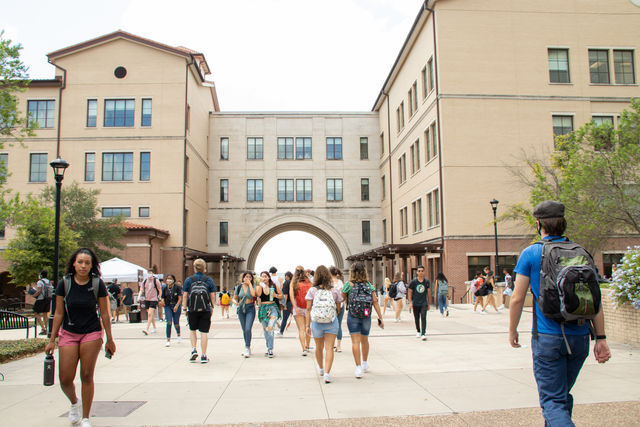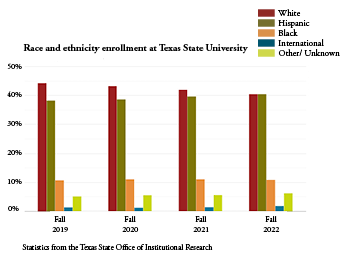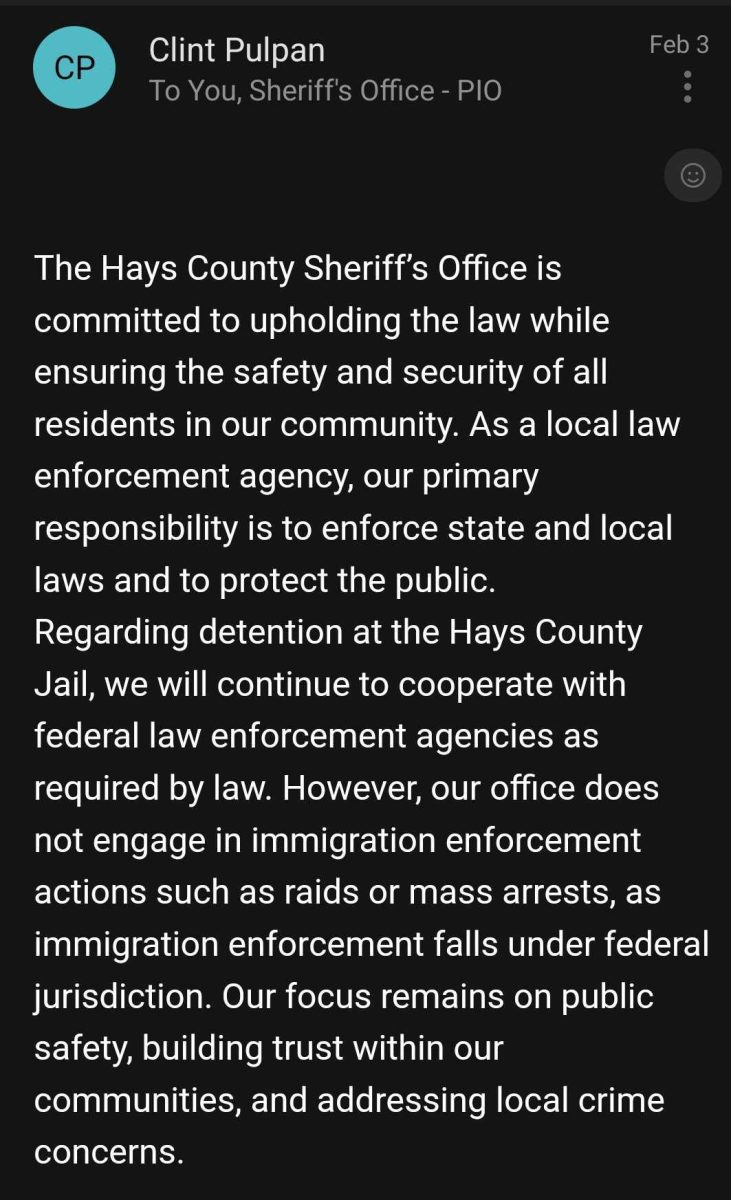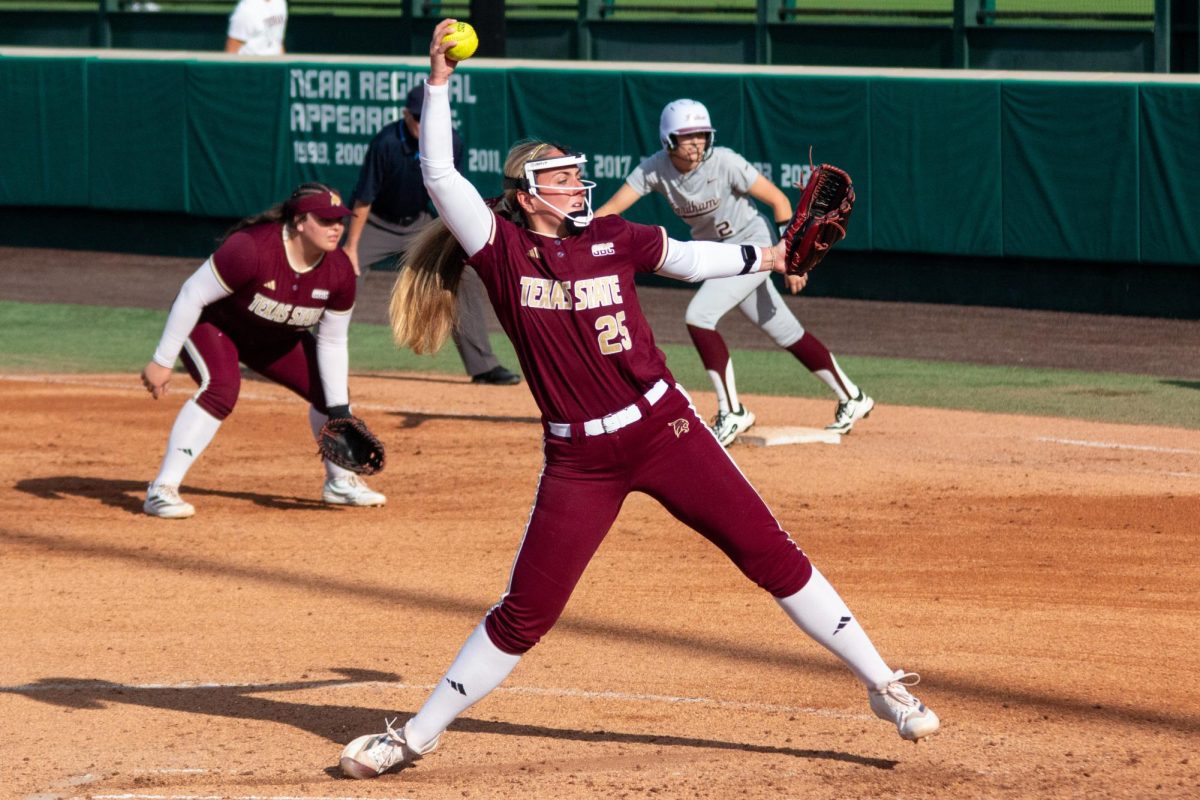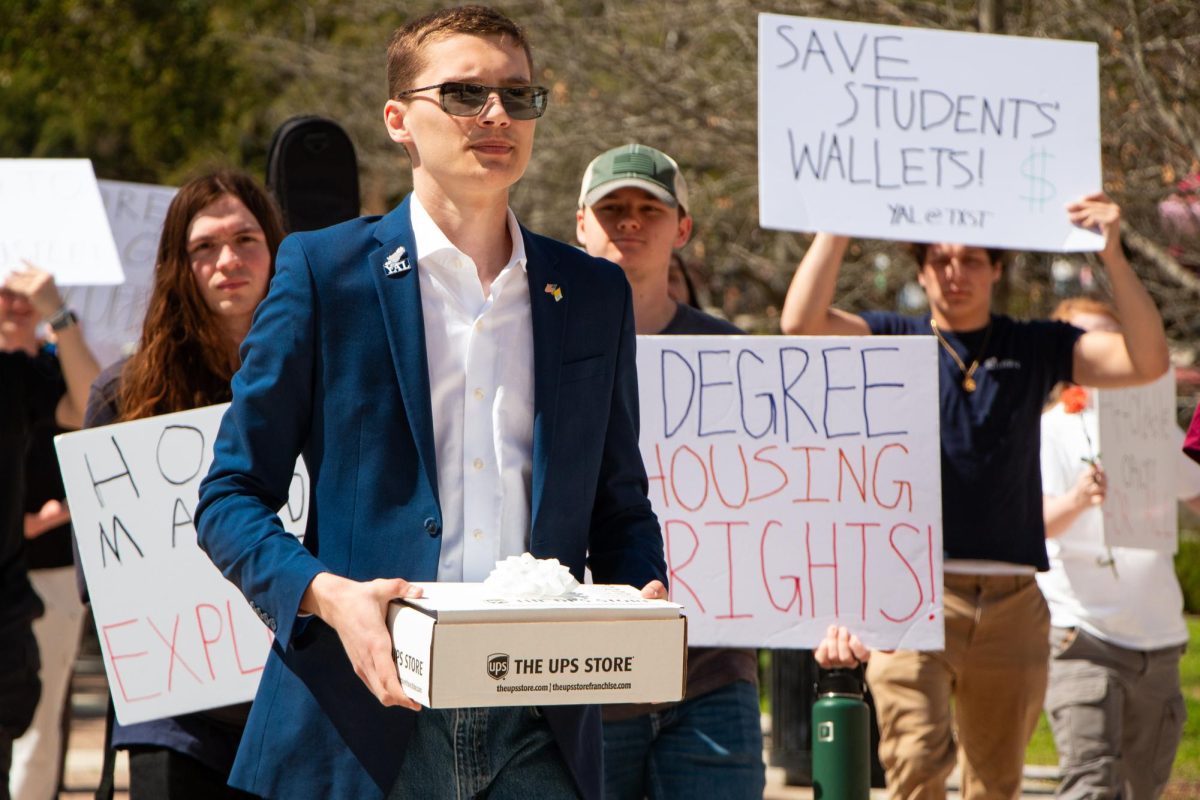After the U.S. Supreme Court’s decision to remove race in the college admissions process, some students of color at Texas State are wondering what comes next. Others believe this allows for a better alternative.
On June 29, the U.S. Supreme Court ruled affirmative action in higher education violated the Equal Protection Clause of the 14th amendment in the case of Students for Fair Admissions v. Harvard with a 6-3 majority.
The case was filed in November 2014 after Asian American applicants felt they were being discriminated against in the Harvard University admissions process. Now, race will not be a determining factor.
Affirmative action began in 1961 in response to the Civil Rights movement as a government initiative to offer opportunities to historically excluded groups.
Texas States Black Presidents’ Council President Megan Lyons believes removing affirmative action is taking a step in the wrong direction.
“We have taken steps in the negative direction about college admissions. There’s always loopholes for the wealthy and Caucasian populations to get in higher places involving education and work,” Lyons said. “This ruling definitely feels like it was done as another way to suppress the education and success of people of color because now, due to a lot of domino effects that will happen, it will be harder for us to get quality education and jobs.”
Texas State is a minority majority serving institution with minority enrollment steadily increasing, according to the Office of Institutional Research. Since race-based admission is ruled unconstitutional, the admissions process for Texas State may shift.
Students like Lyons and Texas State’s NAACP President Princely Kamanda share the same fears and sentiment.
“I feel like it’s like a domino effect,” Kamanda said. “This is the start of getting rid of affirmative action that might roll into getting rid of inclusion and diversity programs on campus. It always starts somewhere.”
In June, Gov. Greg Abbott signed a bill (SB17) that bans diversity, equity and inclusion offices and mandatory diversity training for students and employees at public colleges across Texas.
Other students like Natalie Jaimes, a construction science sophomore, believe colleges should consider economic status rather than race.
“I came from a low income high school so we didn’t get as much as other schools in the district. I really want them to look at that,” Jaimes said. “I’m Hispanic, so, say white schools got more college recruitment, or offered more AP classes, that’s the only difference that I think matters.”
Vanessa Ibarra, public health senior, suspects there will be a culture change at universities with this decision.
“Having a diverse culture is important, especially just because you learn from each other. If you have something in place where it’s helping create a safe space or to increase diversity, I think it should stay,” Ibarra said.
Editor’s Note:The printed version of this story contained a graphic that had the incorrect year. The online version has been corrected to say the correct year.
Categories:
Students reflect on SCOTUS affirmative action decision
Nichaela Shaheen, Managing Editor
July 18, 2023
0
Donate to The University Star
Your donation will support the student journalists of Texas State University. Your contribution will allow us to purchase equipment and cover our annual website hosting costs.
More to Discover



